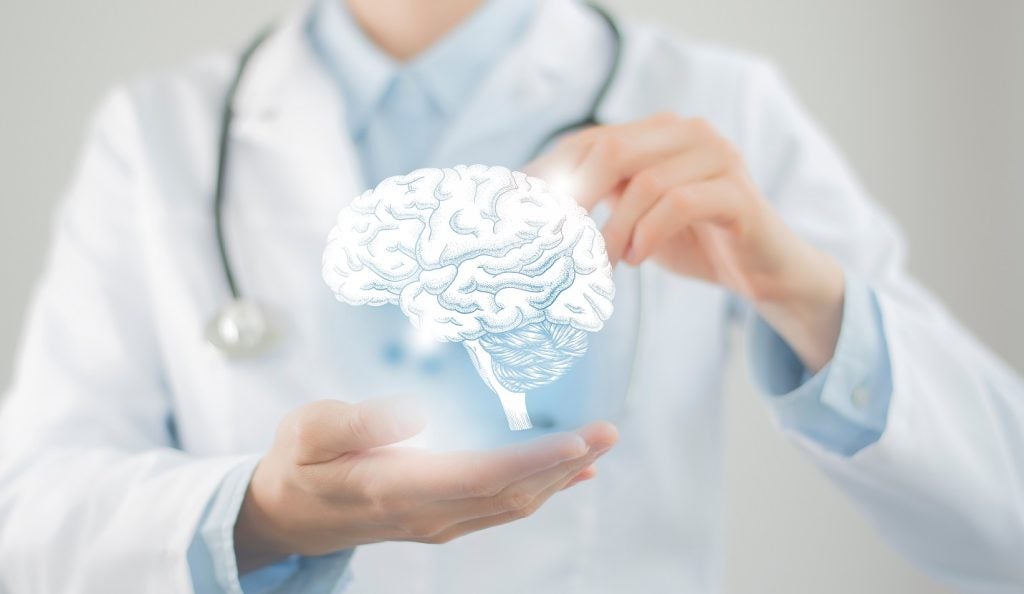
A new artificial intelligence (AI) powered wearable sensor could help doctors remotely detect critical changes in heart failure patients days before any health crisis occurs.
The research team from the University of Utah Health and VA Salt Lake City Health Care System said the system could ultimately help to avert up to a third of heart failure readmissions in the weeks following initial discharge from hospital. The research has now been published in Circulation: Heart Failure.
The adhesive sensor patch was worn by 100 heart failure patients for 24 hours a day for up to three months after discharge from hospital. The sensor monitored continuous electrocardiogram (ECG) and motion of each subject, which was transmitted via Bluetooth to a smartphone and passed on to an analytics platform.
The analytics platform contained information on heart rate, heart rhythm, respiratory rate, walking, sleep and postures. It used AI to establish a normal baseline for each patient, which it then used to generate an indication that the patient’s heart failure was getting worse when the data deviated from the norm.
Overall, the system was able to accurately predict the impending need for hospitalisation with 76% – 88% sensitivity and 85% specificity. On average, this prediction occurred 10.4 days before readmission took place.
University of Utah Health advanced heart failure program co-chief Dr Josef Stehlik said: “This study shows that we can accurately predict the likelihood of hospitalisation for heart failure deterioration well before doctors and patients know that something is wrong.
How well do you really know your competitors?
Access the most comprehensive Company Profiles on the market, powered by GlobalData. Save hours of research. Gain competitive edge.

Thank you!
Your download email will arrive shortly
Not ready to buy yet? Download a free sample
We are confident about the unique quality of our Company Profiles. However, we want you to make the most beneficial decision for your business, so we offer a free sample that you can download by submitting the below form
By GlobalData“Being able to readily detect changes in the heart sufficiently early will allow physicians to initiate prompt interventions that could prevent rehospitalisation and stave off worsening heart failure.”
Patients are at the highest risk of hospital readmission for heart failure 90 days after their initial discharge, with up to 30% of patients being readmitted in this time period. Given the significantly increased risk of heart failure worsening after hospitalisation, the researchers focused on testing a non-invasive solution to improve management of the condition during this critical time period.
Stehlik said: “If we can decrease this readmission rate through monitoring and early intervention, that’s a big advance. We’re hoping even in patients who might be readmitted that their stays are shorter, and the overall quality of their lives will be better with the help of this technology.”
The researchers now plan to use the device to conduct a large clinical trial that will use the system to alert doctors of changes in a patient’s condition and track if early intervention leads to fewer rehospitalisations.




